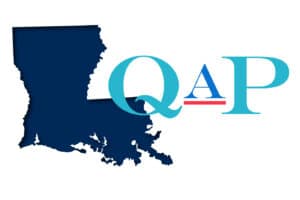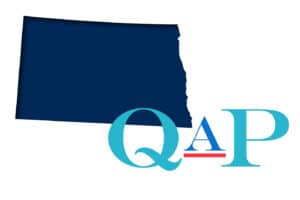TCAC is proposing to include in its fall 2016 annual regulation change proposal the following strategies to bring state credit awards within the annual allocation:
- Require special needs projects seeking state credits in an addition to the 30% DDA basis boost to maximize basis (i.e., not voluntarily reduce basis). While special needs projects would still have access to DDA status and state credits, this will ensure that state credits are only used for such projects when necessary for feasibility. Past experience has shown that many special needs projects, if they had maximized their requested basis, would not have needed state credits. Because the tiebreaker formula now adds back most voluntary reductions in basis, this change should have little to no effect on tiebreaker scores for special needs projects.
- Once the limit on state credits for a particular competitive round has been reached, award no more state credits but use the authority provided by federal law to declare all remaining projects eligible for state credits to be DDA projects. This will ensure that all 9% projects continue to receive credits based on 130% of basis, either through federal credits or a combination of federal and state credits. To accomplish this, TCAC will need to create a second supplemental setaside to accommodate the additional federal credit awards and proposes to reduce both the other setasides and the geographic apportionments proportionately to ensure fairness. The proposed regulation changes will likely allow staff to establish the setaside amount at the beginning of each year based on a projection of the amount to be needed. Based on the forward commitment of 2016 credits, the setaside would have been $2.3 million in annual federal credits to break even in 2015. TCAC will continue to monitor the situation, however, as state credit requests are down in the first round of 2016 but likely to increase in the second round of 2017 when the grandfathering of DDA status expires.
Any action that TCAC takes to address this issue will necessarily reduce the aggregate amount of credits awarded per year due to the existing over-allocation of state credits. However, for the state tax credit program to live outside its means seems irresponsible.
All interested parties will have the ability to comment on the proposed regulation changes when they are posted in the fall, and the committee will make its decision at an open public meeting. Until then, there is no certainty that these proposals will be the ultimate course of action. Nonetheless, TCAC is issuing this memo now in order to give developers maximum advance notice of the direction favored by staff. We understand that developments are years in the making and that these proposals can affect financing decisions for future projects.
November 20, 2015 — California Tax Credit Allocation Committee will hold open forums on December 3 and December 8 in order to gather input to solve a growing problem with state credit allocation. TCAC currently treats state credits as an entitlement for any project outside of a Difficult Development Area (DDA) or Qualified Census Tract (QCT). If the funded projects qualify for more state credits than are available for that given year, TCAC draws from the next year’s allocation. With the forward commitments from 2014 and 2015 combined, TCAC already forward committed roughly $30 million in 2016. This compares to the $94 million per year in state credits that state law provides. TCAC Executive Director Mark Stivers has proposed a series of possible solutions: (1) Create a cap on state credits per project. (2) Stop awarding state credits when TCAC reaches the ceiling each year. (3) Rescind the authority of special needs projects in DDA/QCT areas to get state credits. (4) Create a second supplemental set-aside and require state credit awardees to exchange state credits for federal credits from the second supplemental set-aside when requested. (5) Designate additional areas as DDAs to reduce the demand for state credits.
The December 3 forum will take place from 1:00-3:00pm at Villas at Gower, 1726 N. Gower Street in Los Angles. The December 8 forum will take place 10:00am-12:00pm at Cathedral Gardens at 540 21st Street in Oakland. Stakeholders can also e-mail input to Mark Stivers at mark.stivers@treasurer.ca.gov.


